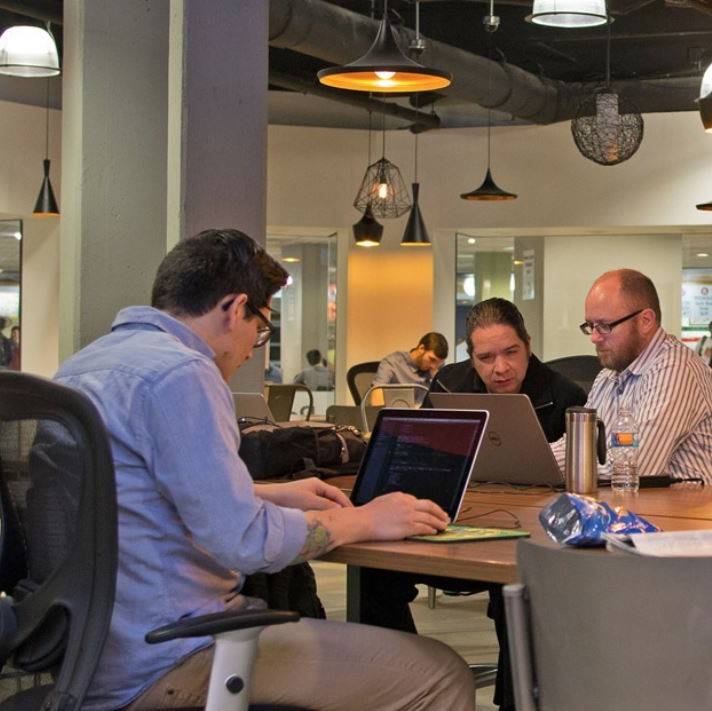December 5, 2022
Millions now able to request flexible working on day one of employment
 Millions of employees will be able to request flexible working from day one of their employment, under new government plans to make flexible working the default. Flexible working doesn’t just mean a combination of working from home and in the office – it can mean employees making use of job-sharing, flexitime, and working compressed, annualised, or staggered hours. The raft of new measures will give employees greater access to flexibility over where, when, and how they work, leading to happier, more productive staff. Flexible working has been found to help employees balance their work and home life, especially supporting those who have commitments or responsibilities such as caring for children or vulnerable people. (more…)
Millions of employees will be able to request flexible working from day one of their employment, under new government plans to make flexible working the default. Flexible working doesn’t just mean a combination of working from home and in the office – it can mean employees making use of job-sharing, flexitime, and working compressed, annualised, or staggered hours. The raft of new measures will give employees greater access to flexibility over where, when, and how they work, leading to happier, more productive staff. Flexible working has been found to help employees balance their work and home life, especially supporting those who have commitments or responsibilities such as caring for children or vulnerable people. (more…)











 All of humanity’s problems,” the French scientist and philosopher Blaise Pascal wrote in 1654, “stem from man’s inability to sit quietly in a room alone.” He may have been right, but then again, sitting in a room alone isn’t necessarily a great state of permanent being either. There was a time we used to talk with dismay about the Japanese phenomenon of intense social distancing known as hikikomori. We would consider with horror the isolation, lack of engagement with society, poor mental health and loneliness of the people who had almost completely withdrawn to their rooms. Those poor bastards locked up in enclosed spaces linked to the outside world only by screens.
All of humanity’s problems,” the French scientist and philosopher Blaise Pascal wrote in 1654, “stem from man’s inability to sit quietly in a room alone.” He may have been right, but then again, sitting in a room alone isn’t necessarily a great state of permanent being either. There was a time we used to talk with dismay about the Japanese phenomenon of intense social distancing known as hikikomori. We would consider with horror the isolation, lack of engagement with society, poor mental health and loneliness of the people who had almost completely withdrawn to their rooms. Those poor bastards locked up in enclosed spaces linked to the outside world only by screens. 






















November 17, 2022
The workplace circus continues to entertain, but back in the real world…
by Mark Eltringham • Comment, Flexible working, Technology, Wellbeing